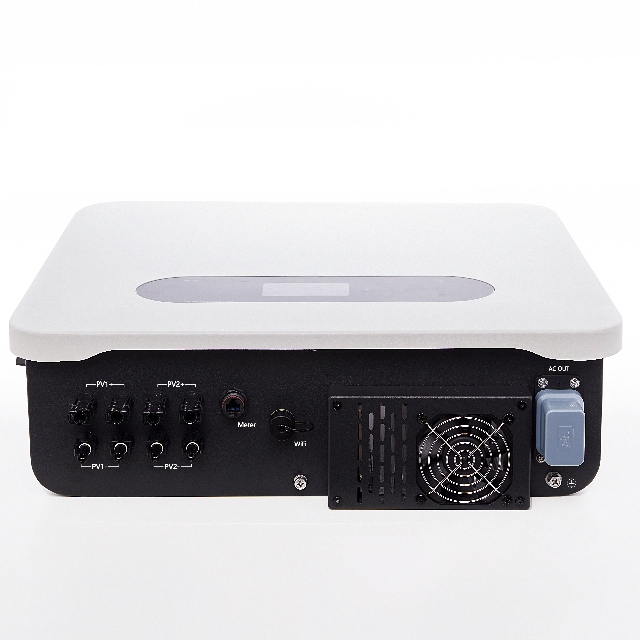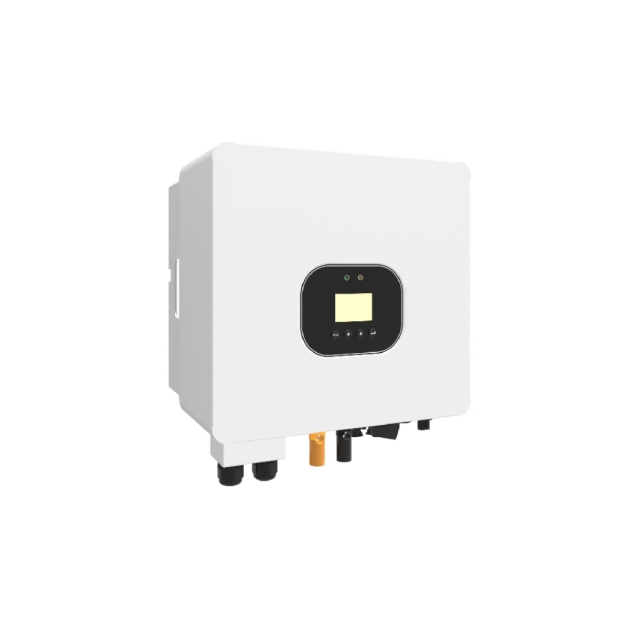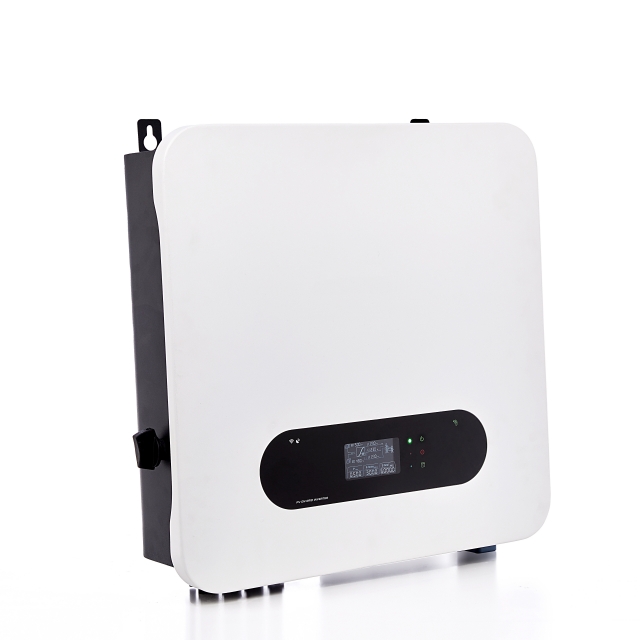Author:BLD Solar Energy SystemFROM:Solar System Converter Manufacturer TIME:2024-03-15
Introduction:
Solar energy is a rapidly growing industry with various types of solar systems available for residential and commercial use. In this user guide, we will explore three popular types of solar systems: Off-grid, On-grid, and Hybrid solar systems. Understanding the differences between these systems can help users make informed decisions when it comes to harnessing the power of the sun.

Off-grid solar systems, also known as standalone systems, are designed to operate independently from the electric grid. These systems typically consist of solar panels, a charge controller, batteries, and an inverter. The solar panels convert sunlight into electricity, which is then stored in the batteries for later use. The charge controller regulates the charging process to optimize battery life. The inverter converts DC power from the batteries into AC power, allowing the use of standard appliances and devices. Off-grid systems are ideal for remote locations where connecting to the grid is not feasible.

On-grid solar systems, also referred to as grid-tied systems, are connected to the electrical grid. These systems consist of solar panels, an inverter, and a net meter. The solar panels generate electricity from sunlight, which is converted into AC power by the inverter. Any excess electricity produced by the system is fed back into the grid, and the user receives credits or compensation for the surplus power. During periods of low electricity production, such as at night or during cloudy days, power is drawn from the grid. On-grid systems are popular for their ability to offset electricity bills and contribute to a greener grid.

Hybrid solar systems combine the features of both off-grid and on-grid systems. These systems are connected to the grid but also have a battery backup to store excess electricity. Hybrid systems provide the flexibility of using solar power during the day, feeding excess power back into the grid, and utilizing stored energy at night or during power outages. The system intelligently switches between grid power, solar power, and battery power based on demand and availability. Hybrid systems offer the advantages of grid-tied systems while providing backup power, making them suitable for areas with unreliable grid supply or where energy independence is desired.
Conclusion:
In summary, off-grid systems are independent of the electrical grid and rely on batteries for storing power. On-grid systems are connected to the grid, allowing users to benefit from net metering. Hybrid systems combine the benefits of both off-grid and on-grid systems, providing backup power and grid connectivity. Understanding the characteristics and capabilities of these different solar system types is crucial in determining which option best suits your energy needs. Consult with a reliable solar installer to help design and install the most suitable system for your specific requirements.
